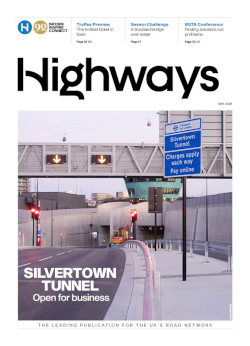Ford’s Global Director of Connectivity and Emerging Services has said that the opportunities opened up by connected cars are tremendous and will make huge improvements in the customer experience in things like insurance and payment.
Mike Tinksey told a panel session at the Connected Car Detroit event, attended by SMART Highways editor Paul Hutton that connectivity will do for cars what Apple has done for mobile devices, that the the device is an entry into a level of services and in the same way as Apple makes money both through device sales and then through things like app and music sales, car companies will find new income streams and services.
“We hear about usage based insurance,” he said. “Insurance is a risk business and they use indirect measures of assessing you as a customer and if you are a good driver you’re subsidising not-so-good drivers. When you recognise this, you realise usage based insurance will benefit you with a significant reduction in premium. It’s just one opportunity from connected vehicles.”
Tinksey also said that the car will be used for payments. “Think how much you spend in your car on fuel, parking and drive through food purchases. How do you do quick mobile payment in the vehicle? Hanging your phone out of the window isn’t the future – connected vehicles is.
The session also touched on autonomy and advanced driver assistance systems. Tinksey pointed out that ADAS are already having safety benefits with automatic braking and lane departure systems having clear effects in reducing accidents.
Among the other panelists, Bob Gruszczynski from VW raised issues about the ownership of data, which he called the “Big Oil”, while Marjorie Loeb from Mayer Brown said that car companies are moving from hardware to software businesses, but that they have to design their products in the longer term because cars won’t be traded in every 18-24 months like phones and Ravi Puvvala from Savari stressed that the market will make the products work if the government gives the spectrum to allow it, but that government should not expect to create the solutions.
On ADAS, Loeb said that people don’t pay for the option of driver assistance because it’s expensive, and in order to get the true benefits it needs to be mandated or incentivised
The panel also discussed fears over cyber security although so far no vehicle has been hacked unless it is part of research – no-one has been hacked without knowing it’s going to happen. However the vehicle manufacturer must make sure that if it is hacked, a vehicle is in a safe state.
And, as Tinskey said, Anyone with high school age children should go into cyber security – it’ll be a very good job for a long, long time.
Paul Hutton interviewed Mike Tinksey at the event. You will be able to hear that interview during special podcasts from Intertraffic in Amsterdam next week through the SMART Highways website.





